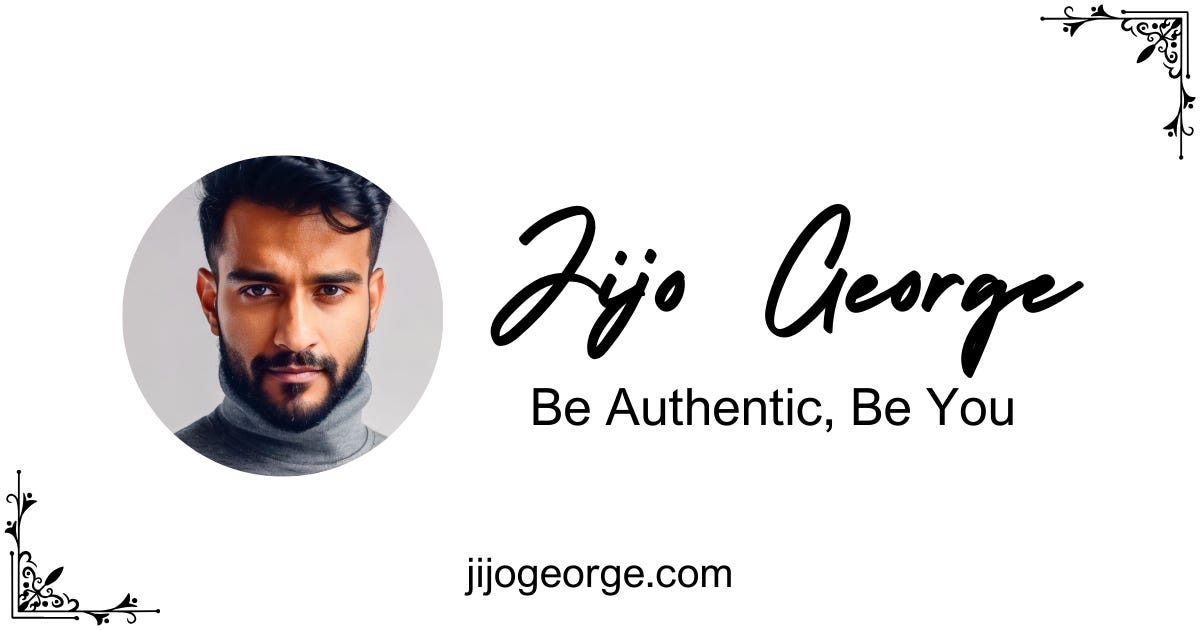The Week That Was
First off Happy Lunar New Year 2024 - Year of Dragon to all my amazing readers.
Let’s get on with the highlights of this week.
Google entered the paid ChatGPT world this week as Gemini, which I have been looking forward to for a while. The best thing is they offer a 2-month trial on the Google AI Premium tier, which gives you access to Gemini and 2TB of data every month, at the same price as ChatGPT or Copilot.
My week went mostly working my 9 to 5 which was busier than usual, and working on the initial setup of my Life Coach venture which I detailed in my last newsletter. We did go to Chinatown yesterday for the Chinese New Year celebration which was a meh affair, thanks to the rain.
I also sent out some surveys to my friends to test the waters for my new aspirations to get into the field of life coaching. I built a questionnaire for you to think about whether you would benefit from a Life Coach or not, do check it out.
Click for My Questionnaire
Let’s get on with the topic of this week’s newsletter, this one is about the power of listening, and about listening the right way.
How To Be Great At Listening?
Listening is a cornerstone of good communication. It is valued by many, but followed by very few.
What makes you feel important? Is it being given a lot of gifts? Being appreciated in public(fake or otherwise)? Or is it a simple act of being heard?

Listening is a skill that is often overlooked. People believe that good communication has good speaking as its cornerstone. This is not correct, good communication is about listening as much as being heard, if not more. But still, we often do not give it the same importance.
Being great at listening requires you to be deliberate in your intent and truly listen. Doing so is quite simple, but often not easy.
Remove Distractions While Listening
Being distracted while listening to someone is the worst thing you can do. It is often not intentional, it just so happens that your phone beeps while in the middle of a deep conversation. Ensure that if you sit with someone intending to listen, anything that can distract you is far away. There is nothing worse than a listener swiping away on their phones while you are having a heart-to-heart. Neither should you jump in the middle of them speaking.
Do Not Interrupt
A conversation is an intentional discussion of topics. Often the speaker has a train of thought while conversing. Interrupting someone while they are talking can derail their train of thought, try to avoid it. A good speaker usually pauses before moving from one topic to another. Use these pauses to present your point of view.
This interruption should also include a clarification/summary.
Summarise
A good listener should be completely tuned in to hear what is being said. It is always good if you can clarify any confusion or misunderstanding of what is being said in the pauses that a speaker provides. This makes the speaker feel heard and also helps you to provide a meaningful response.
Do Not Plan a Response
Although a speaker does expect a response, many times the response i secondary. People often tell you things just to be heard. Your responses should not be token, but add to the conversation. At the same time, you should not be planning your response while the speaker speaks. Sometimes the responses come naturally to you, other times you can use the moments of silence to prepare a response.
Silence is Good
Silence is often awkward when it seems suddenly there is nothing left to say. But silence is a great opportunity to let both the speaker and the listener reflect on what was said. Such reflections help a meaningful response. Depending on the emotions involved these can also be good points of composing yourself independent of what you feel, and provide a practical response.
Listen To Understand
A big problem many often face is listening not to understand but to speak. Depending on whether this conversation is between like-minded people or not, the conversation often turns ugly.
In such conversation, the speakers prioritize being heard, rather than listening. This often leads to arguments with neither party coming out satisfied.
When you speak to change someone’s mind, it is more likely for them to stick to their point of view. Listening without judgment and responding accordingly is a great way to ensure open communication.
You need not agree to everything, all you need to do is listen and understand. This ensures your responses are not biased, and you come out of the conversation with deep understanding.
What Next
The tips above are often not as easy. I often struggle to stick to these while having heated discussions.
We often have people who go round and round in circles, without a pause. It is always good to be polite and understanding with such people. Having ground rules before having such a conversation would help too.
Listen to understand, and contribute meaningfully to the conversation. Not doing so leaves you as well as the speaker unsatisfied.
Hope these tips help you to ace the art of listening.
If you are a regular subscriber you would know I am pursuing to start to venture into the realm of personal coaching. Please do support me in this new venture. You would be an integral part of my journey, and this newsletter is the resource that would have all that I want to share with you. Do share this newsletter with anyone who would benefit from my weekly content.
Wish me luck.
Hope you have a great year ahead.
See you again next week.
Till then
Jijo George



